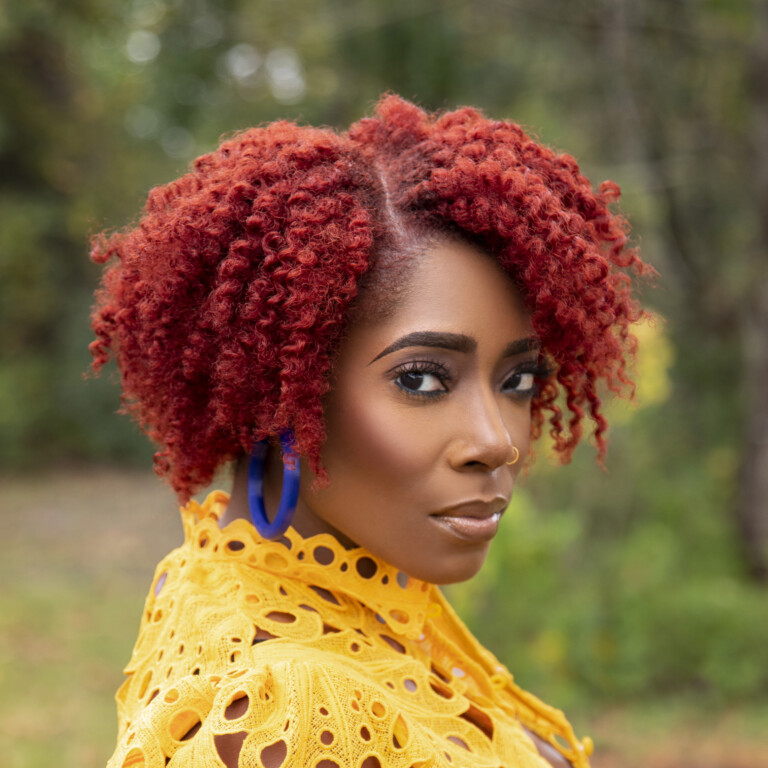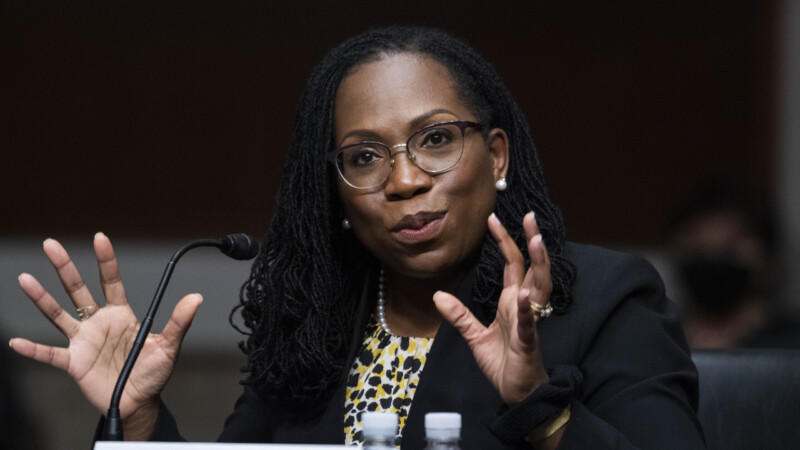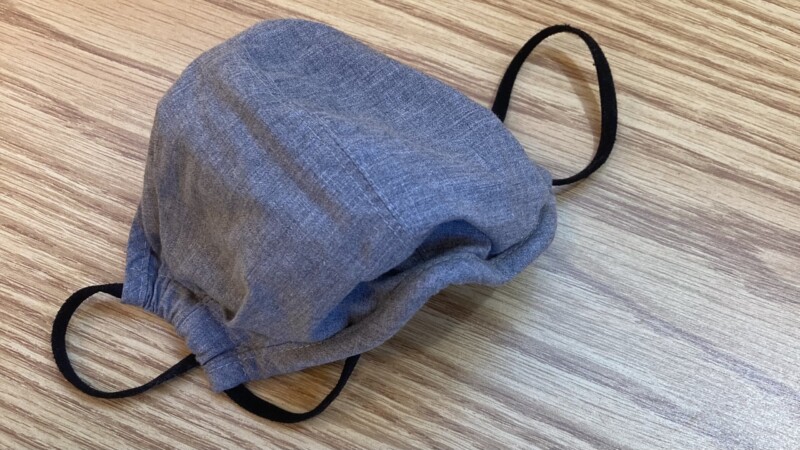
Last week it seemed as if all eyes were glued to the Supreme Court confirmation hearings for judge Ketanji Brown Jackson. I purposefully did not watch the hearings. However, that did not keep me from seeing the testy tête-à-têtes posted to Twitter and Instagram and catching the recaps on the evening news. The line of questioning from Senators Ted Cruz, Josh Hawley and Lindsey Graham were among the highlights. They are the reason I did not watch.
As historic as the moment was and as much pride as I feel for KBJ’s accomplishments, I do not relish seeing Black women torn down. Not by anyone, but especially not by white men. Confirmation hearings are supposed to introduce qualified jurists not only to the Senate but to the American public. It is an opportunity for us to see and hear from a judge before they’re appointed to a lifetime position and shut away in obscurity unless it’s time to rule on a divisive issue of social policy.
However, modern history has made a mockery of the process. Clarence Thomas criticized that his 1991 confirmation hearing was a “high-tech lynching” due to the sexual harassment allegations against him from Anita Hill and Sukari Hardnett. Christine Blasey Ford gave tender testimony alleging Justice Kavanaugh sexually assaulted her. The hearings for Justice Amy Coney Barrett were rushed in the name of political expediency weeks before an election, when Obama nominee Merrick Garland was never even put on the schedule. At their worst, Supreme Court confirmation hearings double as “gotcha” forums for opposing parties. At their best, they make for another arena in which partisanship can perform unmasked and en masse.
I knew KBJ would face an attack squad. I didn’t want to have to watch her remain calm, poised, soft spoken and in control of her facial expressions lest there be errant eye rolls the committee deemed insolent. These are the armoring strategies Black women employ to prove that not only are we capable of doing a job we’re probably overqualified for, but also that we can appeal with empathy to the bruised egos of whoever was passed over for us.
The nerve!
The audacity!
The unmitigated gall!
These strategies are not new. Vice President Kamala Harris employed them during her debate against Mike Pence. Michelle Obama did the same when she uttered her oft quoted line, “When they go low, we go high.” But going high does not help Black women escape the line of fire, be it vitriol, threats of violence, or bodily harm that come when we choose to unabashedly own our excellence. This is not a conversation about the merits of humility over hubris, but who is allowed to display one trait over the other.
The debate extends itself to the recent dust-up between local Representatives Angie Nixon and Cord Byrd. But you don’t have to look to Tallahassee, City Council, or even the Supreme Court hearings to see how quickly Black women are diminished and how easily they are dismissed. It happens daily all around you if you dare pay attention. In corporate workplaces, Zoom calls, shared communal spaces, we as Black women have learned to grin and bear whatever aggressions come our way because it’s how we get ahead. We call it a game but it is anything but fun.
Smiling until our cheeks hurt. Nodding slowly to prevent ourselves from having an honest reaction. Straightening our hair and code switching to make ourselves more palatable. Pretending our brilliance is someone else’s idea to respect authority and chain of command. These are the ways in which we get ahead. By pretending and performing. Acting as if we’re just happy to be allowed inside the party when in reality we should have received the first VIP invitation.
Ketanji Brown Jackson is not the first Black woman to have the qualifications required to sit on the Supreme Court. She is just the first seriously considered. To borrow from Mitt Romney, there are binders full of Black women qualified and capable to run any company, hold any office and do any job. What there aren’t a lot of is people willing to give us a chance.

Nikesha Elise Williams is an Emmy-winning TV producer, award-winning novelist (Beyond Bourbon Street and Four Women) and the host/producer of the Black & Published podcast. Her bylines include The Washington Post, ESSENCE, and Vox. She lives in Jacksonville with her family.






